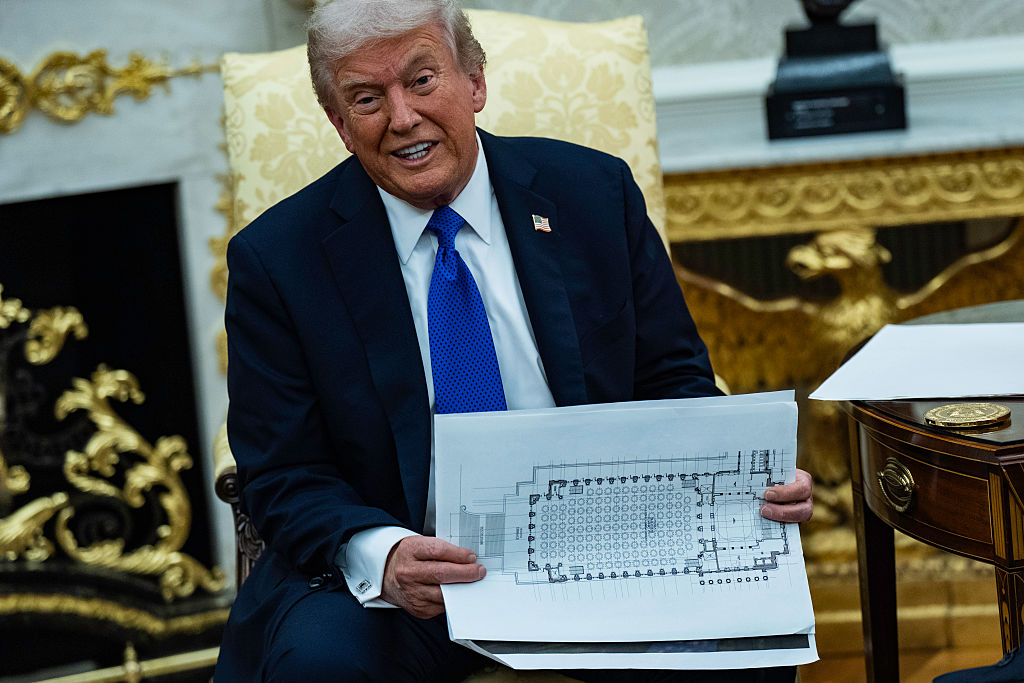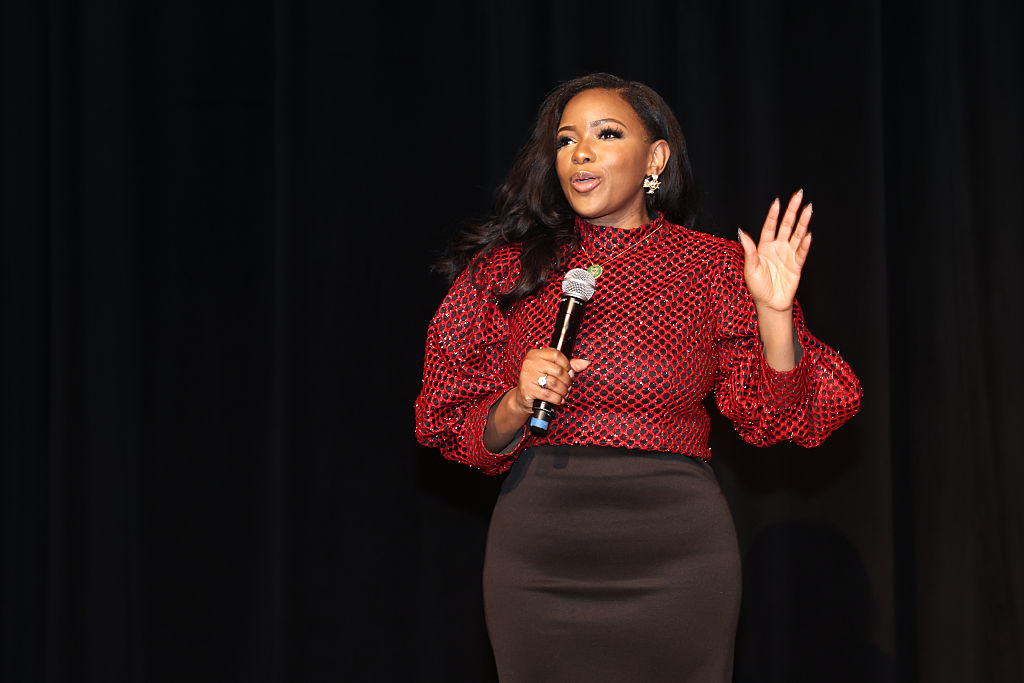Between Freedom and Fire: About Black and Queer Survival
104: What An Angel Number Between Freedom And Fire Reveals About Black And Queer Survival
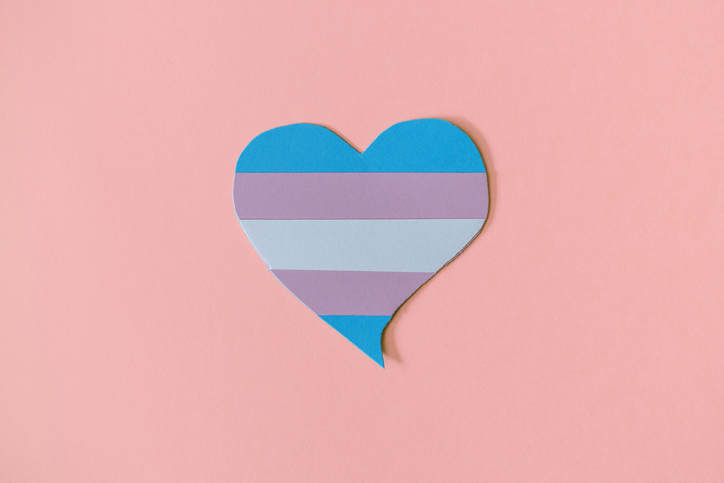
If you spend enough time around me, you’ll hear me proudly say I was born and raised in North Omaha, Nebraska.
To be Black in a place like Omaha is to wrestle for your identity. To craft your Blackness with care. You build it from scratch, from what’s handed down and what’s taken back.
For me, that journey wasn’t limited to my Blackness. It was the same when it came to queerness and to my identity as a Black trans woman. But here’s the trick: society made queerness seem more accessible. Nobody told me the fine print came stamped in whiteness. That so much of queerness—as it’s marketed and magnified—was filtered through white supremacy. That embracing that version of queerness could, in fact, dull the brilliance of my Black joy.
I’ll never forget the year when the Juneteenth Parade and the Pride Parade fell on the same day in my city.
It was a crossroads. For many Black queer folks, there wasn’t a question; they chose Juneteenth. I was there too, but that wasn’t because I didn’t love Pride. I had done my time.
I’d been president of Pride, and built Youth Pride from the ground up. I had fought for Pride when it didn’t fight for me. I had done the work of making space for my queerness. That day, I was finally making space for my Blackness.
What I witnessed, though, was deeper. I saw younger queer folks—especially those partnered with non-Black people—being pulled between two identities that, in a just world, would never require a choice. That day didn’t just symbolize a scheduling conflict. It symbolized the dailytightrope walk so many Black queer people perform in this country: to choose between being seen and being whole.
Let’s be honest; in many Black-centered institutions, queerness is welcome only when it plays small. To be embraced as queer, you often have to downplay what makes you different and keep your queerness at the bottom of your identity list. Because at the end of the day, you’re Black first, right?

But flip it. In most mainstream queer spaces, you’re expected to check your Blackness at the door—unless that Blackness fits a stereotype or serves as a costume. Unless it entertains. Unless it’s for consumption.
So I need you to hear me when I say, it is not an accident that Juneteenth and Pride exist in the same month.
It is not a coincidence that our most powerful Black changemakers were also queer. It is not by chance that the intersection of Blackness and queerness continues to be a birthplace for brilliance, resistance, and transformation.
This is divine alignment.
Now, I know I’m preaching to folks who feel me. But let me be clear: I write this not just for affirmation; I write this for the Black folks who don’t see the world like I do. Not because your perception will limit my freedom, but because none of us are free if we believe we can get to the other side and leave our people behind. Especially the people who make us uncomfortable.
Liberation isn’t real if it’s only for the versions of us that are palatable.
White communities have spent the last 50 years mobilizing an agenda that has taken root in every corner of this country, and they didn’t do it because they were all the same, or because they were all straight, or because they were all moral. They didn’t do it because they agreed. They did it because they were all white. That was the only prerequisite.
I’m not saying we should build coalitions based on scarcity and fear.
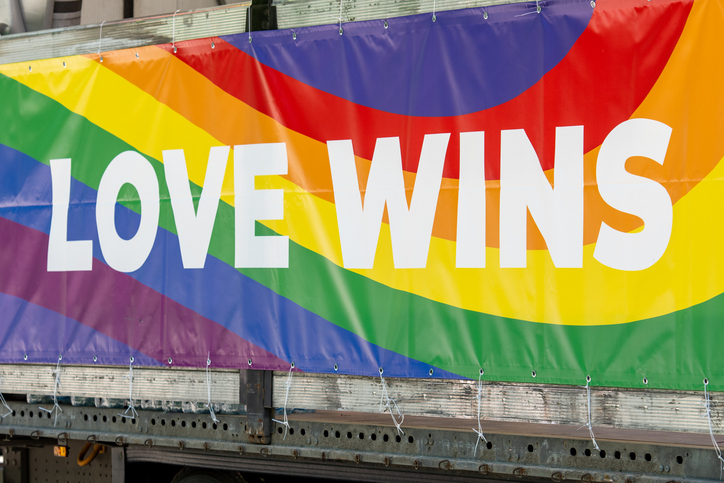
I know that game. And I know the exhaustion it’s bred in our communities. But we’d be foolish not to notice the power in what happens when people align, even amid difference.
So let’s look at what alignment has given us.
On June 19, 1865, enslaved Black people in Texas were finally emancipated, triggering the birth of a freedom dream that gave us Michelle Obama on a float, Oprah commanding empires, Megan Thee Stallion reminding us we ain’t got knees like we used to, and Brandy and Monica arguing over “The Boy Is Mine.” It gave us Whitney. Mariah. Aretha. Patti. Jazmine.
And 104 years later, on June 29, 1969, a Black Trans woman—Marsha P. Johnson—sparked a revolution at Stonewall that gave us TS Madison, the queen of media; Queen Latifah, a mogul and a mother; Laverne Cox, making Emmy history; Bayard Rustin, strategist to Dr. King; Nikki Giovanni, living her radical brilliance in real time; Miss Major, building a legacy of elder care for our community; Toni Bryce and Monroe Alise, reshaping television; A’Ziah “Zola” King, whose Black girlhood became cinematic canon; and me—Dominique Morgan—who went from a prisonyard to walking down the street named after her in the same state.
It was 104 years between June 19, 1865, the emancipation of the last enslaved Black people in Texas, and June 29, 1969, the night a Black Trans woman helped ignite a revolution at Stonewall. That gap isn’t just historical. It’s spiritual.
In numerology, 104 is often seen as an Angel Number—a divine reminder to embrace change and align your actions with a higher purpose. It signals that transformation is not only possible; it’s coming.
It asks us to lean into discomfort with faith, to shift our mindset toward growth, and to recognize love as the connective tissue in our evolution.
That’s what alignment has always been — a form of divine choreography. We were always meant to be moving together—even when the rhythm was hard to hear.
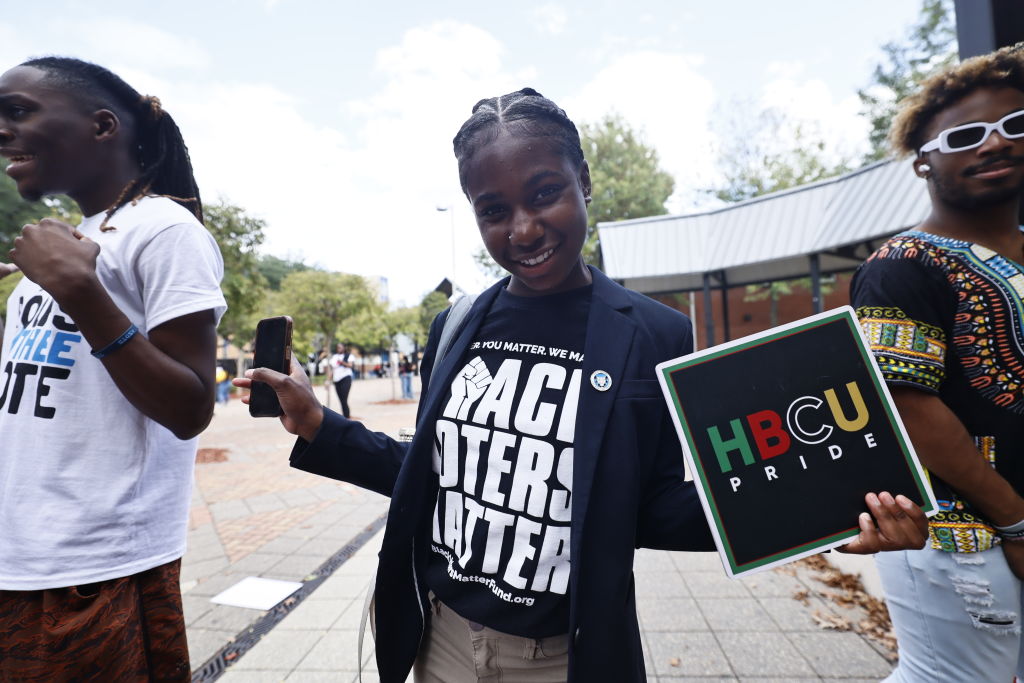
You really wanna tell me we aren’t aligned?
Alignment doesn’t mean we’re the same.
Alignment doesn’t mean we never argue.
Alignment doesn’t mean it’s easy.
For me, alignment means that we are fighting harder to stay in tandem than we are eager to fall apart.
That’s the definition I want you to take from this piece. That’s the call to action. That’s the invitation.
Because the world will give us 100 reasons to separate. They will whisper that your queerness disqualifies you. That your Blackness is too loud. That your transness is a liability. That your softness makes you weak. And all the while, they’ll lie, steal, kill, and destroy, just to keep themselves aligned.
As my Grandma Woodie used to say, “Don’t let the devil use you.”
This Juneteenth, this Pride, I’m asking us to make a different choice.
To honor our collective brilliance.
To hold the line.
To stay in tandem.
To choose alignment—again and again and again.
SEE ALSO:
Pride Is Still Protest: World Pride in the Era of Trump 2.0
Kendrick Sampson’s BLD PWR Teams Up With SisterSong And GBEF For Houston Juneteenth Event





